EU-funded CATALYSE project aims to guide and accelerate climate action to protect public health
Climate change and biodiversity loss are the two greatest, and inextricably linked, threats to life as we know it. And yet, despite the scientific evidence accumulated over the past several decades, the policy response to reduce the associated risks has been too little, too late. This is where CATALYSE, a project led by ISGlobal researcher Cathryn Tonne, comes in.
About 85% of the world’s population is already being affected by human-driven climate change.
Five years and five objectives to shake things up
The European Commission (together with government funding from the United Kingdom and Switzerland) awarded €10 million to 21 partners from 12 European countries to accelerate climate action and protect public health. The overall goal of the five-year project is to provide new knowledge, data and tools to measure and reduce the health impacts of climate change. It will focus on five objectives:
- Develop an indicator framework to track health-relevant outcomes of climate action
- Quantify the health co-benefits of climate action, as well as the the full social and environmental costs and benefits
- Develop innovative surveillance and forecasting tools to better respond to and mitigate environmental hazards caused by climate change
- Examine how stakeholders engage with evidence and develop strategies to facilitate their engagement
- Provide evidence and training on effective adaptation and mitigation strategies for health systems, with a special focus on vulnerable populations
CATALYSE is part of the European Climate Change and Health Cluster, along with five other projects funded by the Horizon Europe programme.









